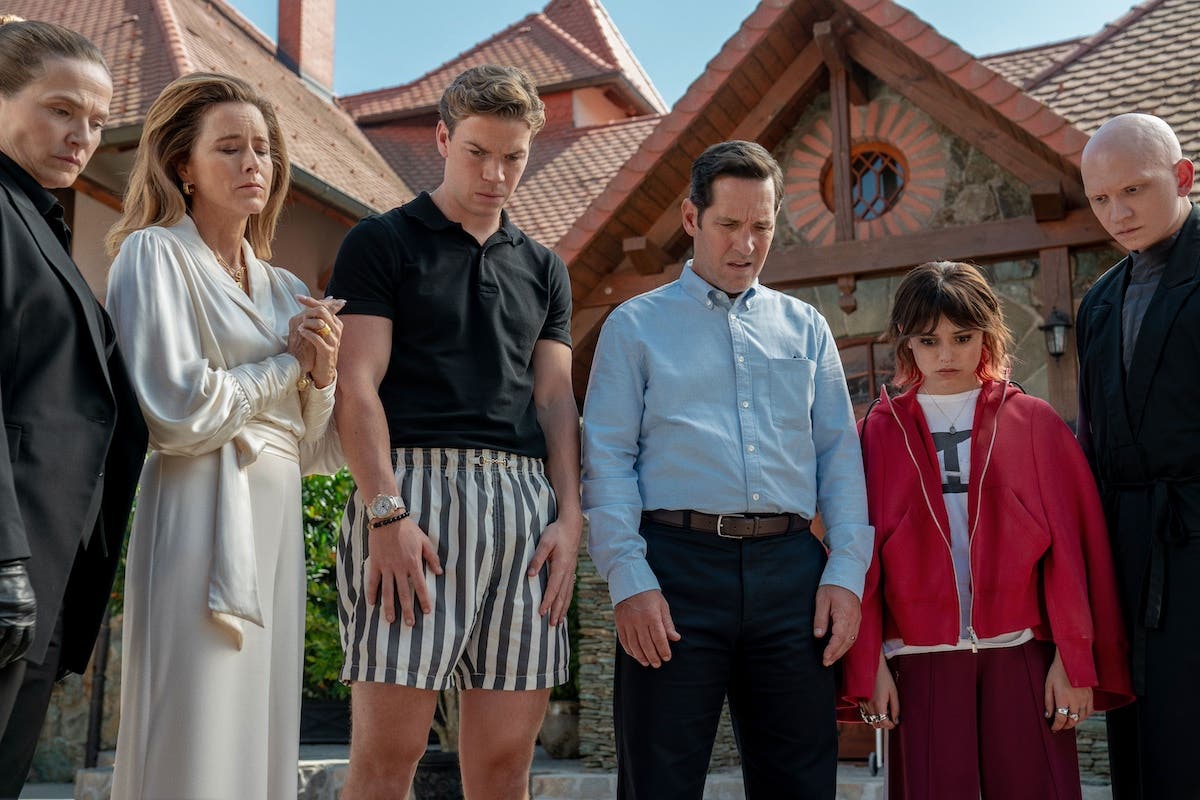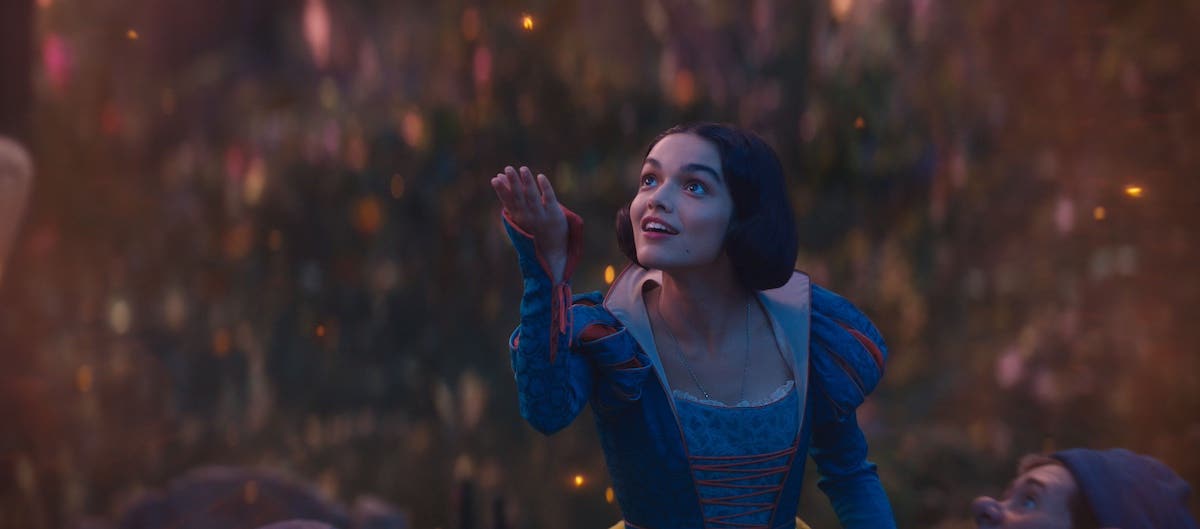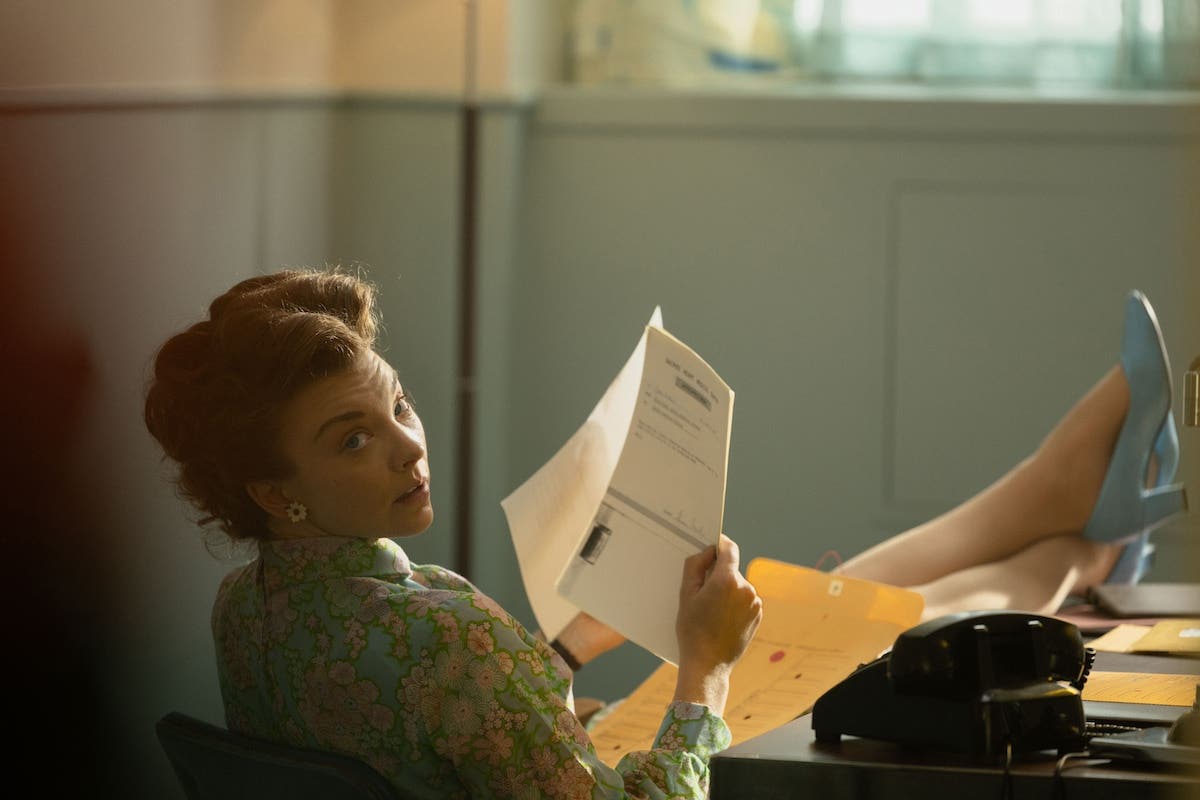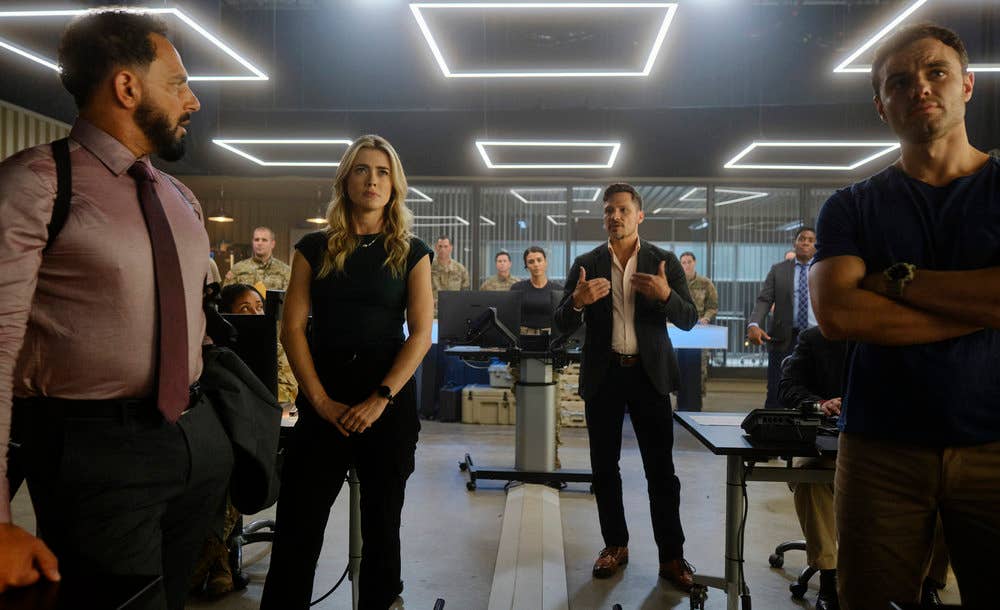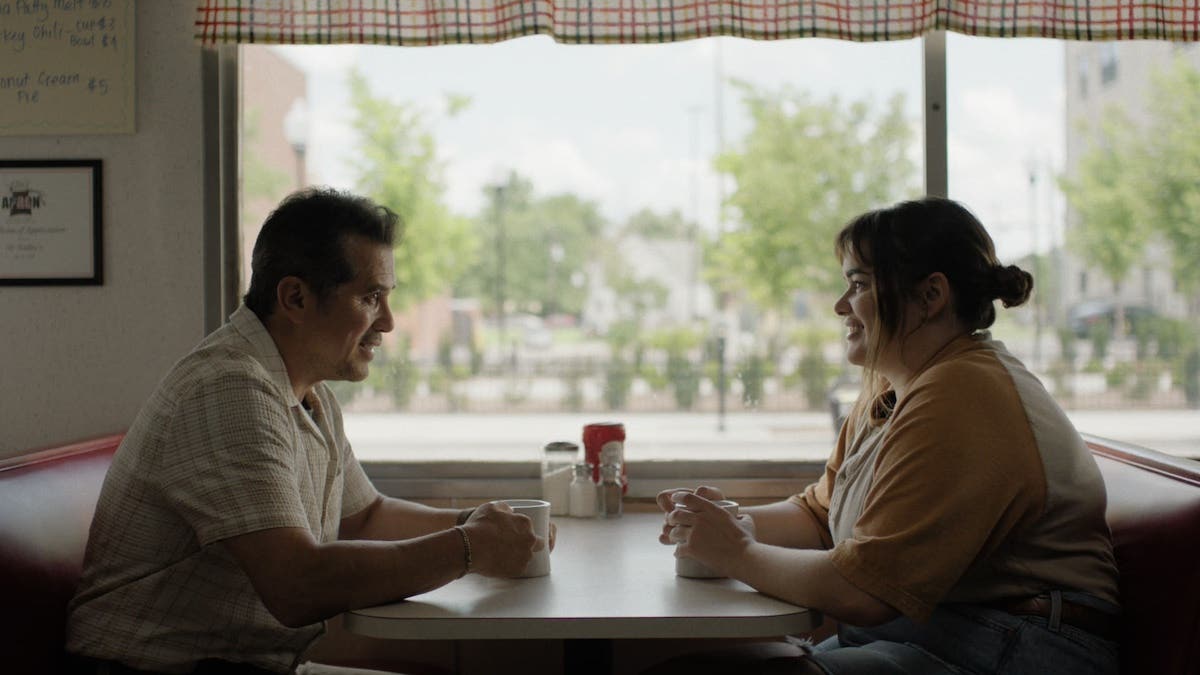PRODUCER’S POV: Writing a TV Series (Without Whining)
Heather Hale challenges screenwriters to raise the bar and learn all they can about writing a TV series.
In teaching Screenwriters University's Writing a Spec Script for a TV series, it's reminded me how much every writer just wants to write their own original material. And that they are purely writing these spec scripts just to get work or an agent or manager. Granted, it's the best work in the world (if you can get it), but these sample scripts truly are written as inventory fodder to lure a rep or a possible Baby Writer gig.
And each script is a lot of work.
Speculative work.
That dates fast.
And has to be done fresh and new, over and over again.
But what my students have learned over just the first few weeks of this online workshop is how much that work pays off - in skills and knowledge that will serve them for the rest of their careers - and translate to all their other projects. The research and analysis informs their original specs and hones their talent. The practice speeds their execution because they begin to see the forest from the trees when they lift the hood to analyze how great writing was made that way.
Having to reverse engineer someone else's creative work - especially a show that jives with your sensibilities and aspirations - gives you the perspective to really analyze all the heavy lifting that goes into the pilot - a few pages that is expected to launch 100 episodes over five years. That's asking a lot!
Recognizing how the characters fit like puzzle pieces is illuminating. Realizing how profoundly the themes drive the show and how integral the characters' motivations and backstories are, how their foibles, quirks and idiosyncracies are the lynchpins for plot points, are all valuable insights for a writer at any stage in their professional development. Every minute detail is clearly thought-out and precisely placed.
Every word matters.
My students are learning how they must serve the series leads in their specs. And even in their own original pilots: how much pipe has to be deftly laid to build each episode, season and series arc. It's been fascinating and validating to watch their growth. And it inspires me, too: to go update my own specs - and go back to the drawing table on my own original projects and really raise the bar. I had an NBC development exec praise me once (sort of, I think) telling me that I had joined the Big Leagues because my stuff was getting rejected right alongside the best of them. LOL! I guess I should take that as a compliment - but it is the bittersweet truth - and it put things in perspective. Your work has to be that good to even get tossed in the bin next to the likes of Hollywood's most powerful ShowRunners: Chuck Lorre, Alan Ball, Tine Fey, Aaron Sorkin, Shonda Rhimes, Ryan Murphy, Carol Mendelsohn & Pam Veasey - to name but a few.
But I think it's also important to acknowledge the changing face of Hollywood - and feel encouraged by that. While it's still wildly skewed young, white male, look at its trajectory: more women, more people of color, a wider range of ethnicities - and sexual and political orientations. Hollywood's getting older. Growing up. And getting more worldly. The people of power in Hollywood, who no longer control but still have an undeniable influence on the images we see in the media (thus our global future) are increasingly reflecting our multi-cultural population. And I think that's a great thing.
We all have stories to tell. And we all want to be heard. But to be in those prime seats, you've got to do the grunt work to compete with the Pros. Yes, of course: luck and breaks and timing and nepotism and a whole slew of other factors all play a role - but when you get right down to it: Hollywood is no different than any other high bar pursuit. Just like in the NFL, NBA, NASCAR, the Triple Crown, (enter any elite competition or achievement here): the difference between the winner and the "loser" is minuscule - and most often fleeting. There are thousands of runners breathing down the neck and nipping at the heels of the marathoner whose chest barely breaks that finish line ahead of them.
You've got to put in the time to get that good. Learn the trade - not the tricks of the trade. The craft. So your art can shine. You've got to put in your 10,000 hours - and get through the dip - to be the very best at what you do so you're no longer 32nd or 15th or 2nd - but you get your shot at the Golden Ring. And when that happens...don't you want to be as ready as you ever could be for it?
Here's to hard work paying off for all of us.
And it being even harder so the quitters cluttering up the field get out of the way and clear the noise and activity.
There's no crying in baseball!
- More Producer's POV articles by Heather Hale
- TV Writing: What's Wrong with 'Arrested Development'
- Behind the Lines with DR: Creating a TV Show While Managing Actors’ Egos, Part 1
- Story Structure: Linking Your Series Dilemma to Your Pilot Dilemma
Get tips on writing a stellar spec script with Tim Cooper's webinar
Creating a TV Pilot that Grips the Audience from Page 1
Heather Hale is a film and television writer, director and producer with over 80 hours of credits. She currently produces Lifestyle Magazine, the #1 life coaching broadcast television talk show. She wrote the $5.5 million dollar Lifetime Original Movie The Courage to Love (2000) which starred Vanessa Williams, Stacy Keach, Gil Bellows and Diahann Carroll. She directed, produced and co-wrote the million dollar thriller Absolute Killers which was distributed theatrically then sold at Walmart and Best Buy.
She has books published by the two major entertainment industry publishers: Story Selling: How to Develop, Market and Pitch Film & TV Projects (2019, Michael Wiese Productions) and How to Work the Film & TV Markets: A Guide for Content Creators (2017, Focal Press/Routledge).
The Independent Film and Television Alliance approved her as a qualified independent producer to pitch projects to NBCUniversal for their annual development fund. As IFTA’s Industry Liaison, Ms. Hale booked all the speakers for the 2013 American Film Market, including their flagship Conference series as well as launching their Producer’s Workshop. Ms. Hale served as the Vice President of Event Programming for NATPE (the National Association of Television Program Executives) for whom she also booked speakers and designed curriculum as well as consulting professionals to polish their pitch packages and sizzle reels to prepare them to pitch their TV concepts at their annual TV markets. She has written many “How to Pitch TV” articles and executive profiles for their membership newsletter and website.
A popular international speaker and in-demand consultant, Ms. Hale has taught custom pitching workshops to ABC/Disney Drama Executives, a weeklong screenwriting retreat in Australia (integrated with concurrent directing and acting programs). She teaches webinars and online classes for the Writers Store, Screenwriters University and Stage 32. She is a member of The Academy of Television Arts and Sciences (The “TV Academy,” the entity that awards the Emmys) and ShowBiz Mensans.

